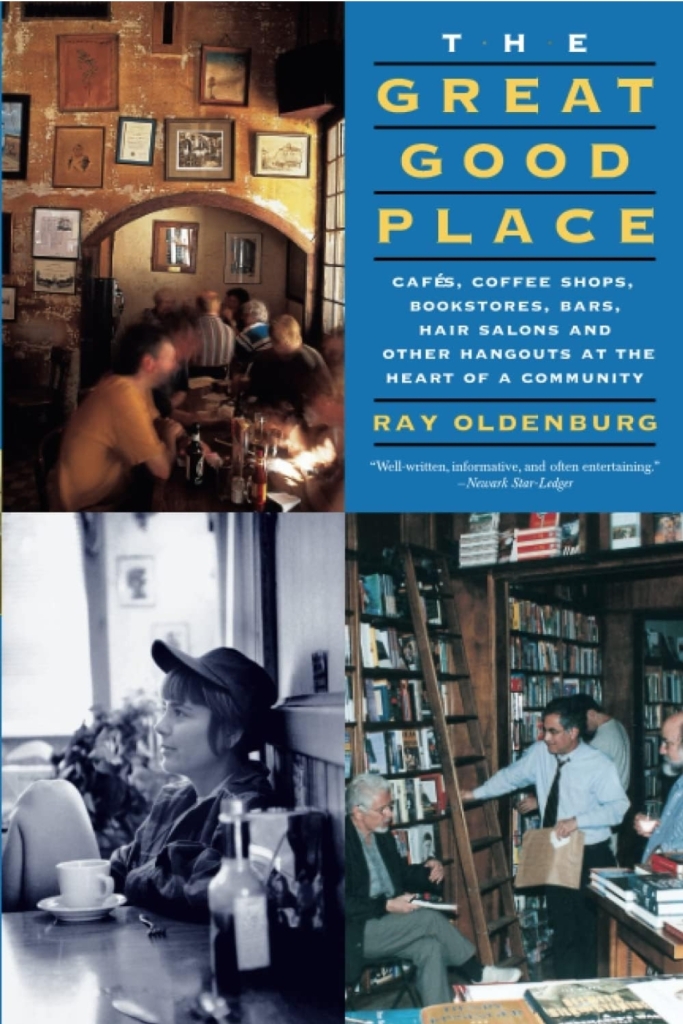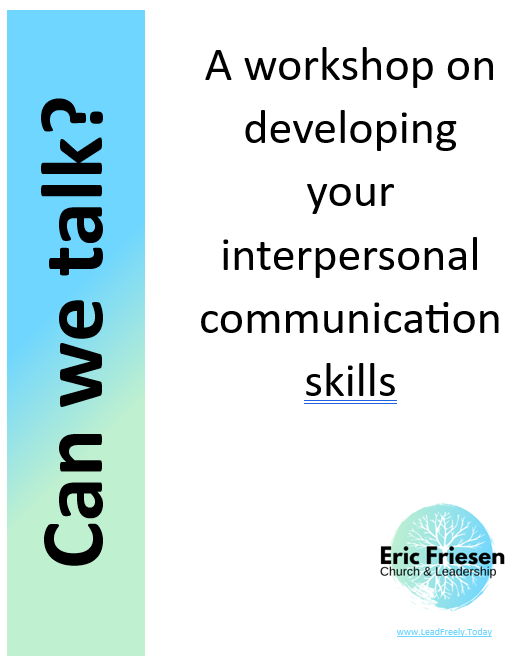I’ve lived there twenty years and I still don’t feel like I’m from there.
“Assumptions (1)”, On Community, by Casey Plett

You may already be familiar with the term, 3rd place, maybe you have only seen it here on my blog. It has been popularized over the past couple of years, especially because of outfits like Starbucks putting the term to use, but it has actually been used or alluded to for a number of decades. The person who coined it, in his seminal work on the topic of how we function best in a society, is Dr. Ray Oldenburg in his pivotal work, The Great Good Place. He brought to life the idea of what we may have talked about, or taken for granted when things are functioning well, for many generations. The 3rd place.
“Third places exist on neutral ground and serve to level their guests to a condition of social equality.” (p. 42)
The Great Good Place
Since the first edition in 1989 it has caused quite the stir among amateur sociologists (pastors) like me, used in many a mission and vision document, and fueled further dialogue among those who notice society struggling to create community while witnessing more and more lonely spaces. The idea was presented as part of the ‘American Dream’ of the ’50’s creating a fortress mentality within communities…
- Highways built to bypass neighbourhoods.
- Suburban sprawl.
- Communities structured around the need for a personal vehicle.
- Homes that became fortresses, including what would normally be social spaces of the past.
- The big box store replacing the ‘ma and pa’ outfits.

While this all created a society of chosen communities, it also created segregation on varying levels. It also made for less community and the creation of a societal problem we have witnessed for some time now: Loneliness in a busy world. Books and studies that have emerged in our more recent memories that have pointed to this new norm abound, but Bowling Alone really woke a number of people up to what was happening. More recently, we might look to someone like Eric Klinenberg and his work on ‘social infrastructure’, Palaces for the People.
While the idea of the 3rd place spreads out to everything between the home (1st place) and work (2nd place), there are all kinds of spots that immediately come to mind. Libraries, bars, coffee shops, to name a few. Some workplaces over the past number of years have tried to incorporate the 3rd place idea into their setting so that people will not want to leave. Not surprisingly, there is still a gap between work and home, where people want to connect, and find a natural space to commune. Dr. Oldenburg was asked about this 25 years after the book, he was pleased with how corporations had caught on to the correlation between allowing for work flexibility and higher productivity. You can read more of the interview here: Q & A with Ray Oldenburg.
No surprise here, the church in North America is considered a 3rd place.
Many people struggle with the definition of what that means today, considering the continued trend of decreased in person attendance. I have mentioned this often, especially over the past year, largely because of our post-pandemic setting we are still trying to navigate. Pastors and churches, namely those in the traditional definition ‘brick-and-mortar’ style attendance based institutions, have all scratched their heads on what the future holds. This excludes those who have moved into other formats of gathering, or have become more vocal about their challenges and concerns with the existing evangelical institution. This is where the philosophy of church meets practice of church:
- Is church a place?
- Are we only church when we ‘attend’ at the place?
- Can we be church no matter what space we are in?
- Are we a separate community? Or are we part of the community?
- Is church only for those inside? Or does it involve those on the outside?

Through the pandemic lockdowns we challenged much of what was considered a normal expression of faith in community, and according to Oldenburg, fit with what makes a 3rd place. It is not a virtual community, it is our face-to-face connection. The church finds itself in an awkward space after trying to accommodate virtual meetings while still creating actual connection. After all was said and done, we can all list people that were considered ‘regulars’ before, but are no longer darkening the door.
Oldenburg has a great list of what makes a 3rd place. As you read this short version, think about church from your perspective and through this lens:
- Neutral ground for all gathered.
- It is a ‘leveler’. Without ‘class’ or ‘clout’.
- Conversation is the main activity.
- Accessible and accommodating.
- You have ‘regulars’.
- Keeps a low profile. Typically very plain.
- The mood is usually playful, even when discussing larger topics.
- It is a home away from home.
It goes without saying, but diversity is implied in his descriptions throughout the book, and a few of those items speak to being so.
“What distinguishes the third place is that decency and good cheer consistently prevail.” (p. 84)
The Great Good Place
So where does the church land as a ‘great good place’? It may not fit into the very generous mold presented in the book, or in the theory, or in all of the expanded thoughts and discussions on the topic. I have considered whether the church in North America sees itself as a 4th place, somewhere outside of the other 3 spaces. But this does challenge some of what we see in the birth of the church in the book of Acts, this new entity finding footing in a hostile environment, in the agora (general marketplace) where we find much of what is considered 3rd place in todays world, but also a separate community.
No matter how you slice it, it does bring us back to that list of questions on how we perceive the church. Especially as we consider a lonely world caught between 2 places.
Any communication struggles in your world?

If you can’t afford or have the time to bring me in to work with your group, go for the next best thing… A downloadable workshop!
Just click and change your world!
Discover more from Eric Friesen
Subscribe to get the latest posts sent to your email.

One thought on “Do you have a great good place?”